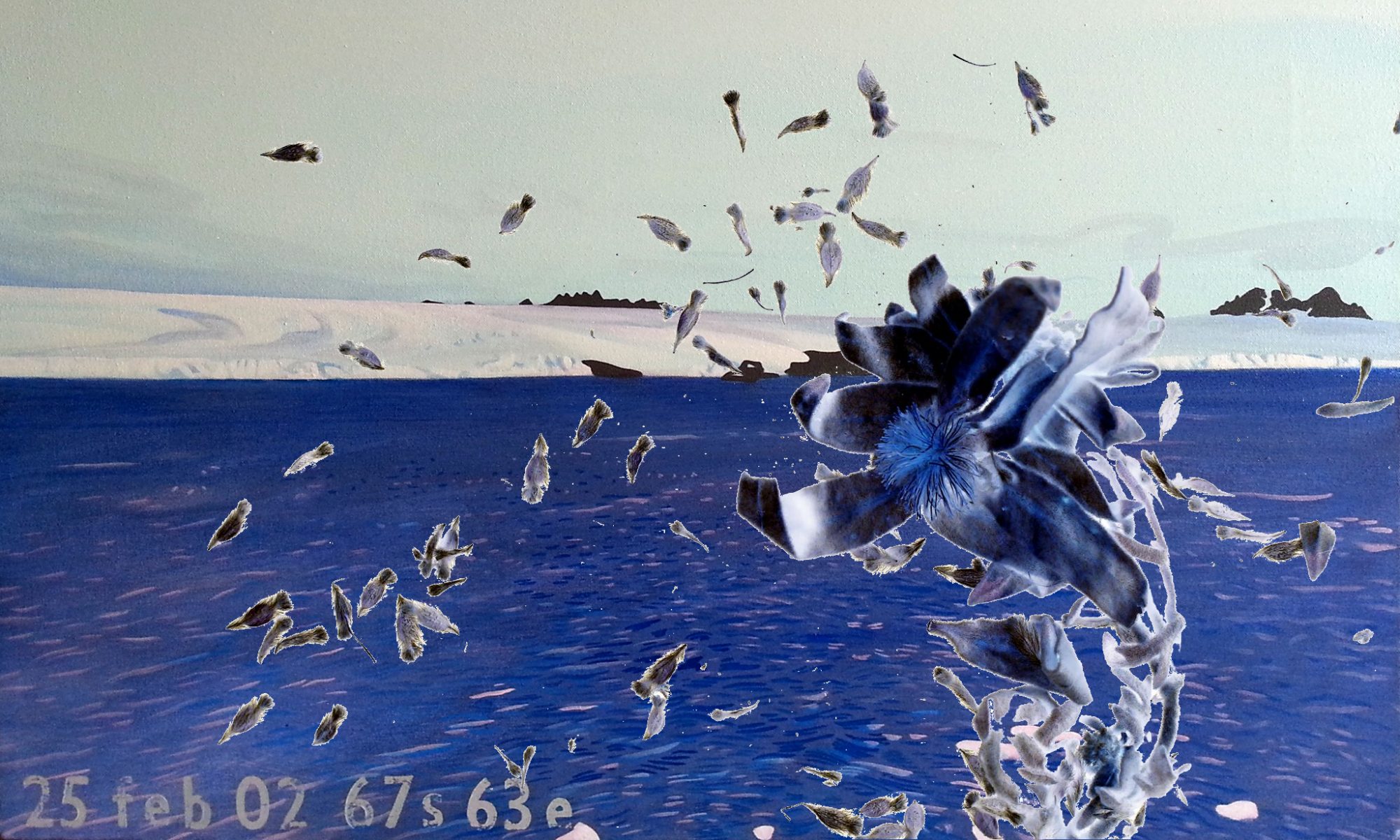Before yesterday I had assumed that all Antarctic scientists agreed that the present global warming is caused by increased levels of C02. But then I met with one who said there is no proof of a causal relationship between them.
It seems there are some who are only convinced by mathematical proofs.
I understand from talking with other scientists that they only ever work with theories, and that theories reflect patterns found in what they find: measurements and observations.
And I read…
…There is no “proof” in science — that is a property of mathematics. In science, what matters is the balance of evidence, and theories that can explain that evidence. Where possible, scientists make predictions and design experiments to confirm, modify, or contradict their theories, and must modify these theories as new information comes in.
In the case of anthropogenic global warming, there is a theory (first conceived over 100 years ago) based on well-established laws of physics. It is consistent with mountains of observation and data, both contemporary and historical. It is supported by sophisticated, refined global climate models that can successfully reproduce the climate’s behavior over the last century.
Given the lack of any extra planet Earths and a few really large time machines, it is simply impossible to do any better than this.
GRIST – environmental news & commentary

Lisa,
I have come across this a number of times in my research. It is all “relative”, as Einstein would say. Depends on your point of view and how you want to look at things.
This debate, the objective/subjective is becoming a strong element in my own research and will form a component argument in my research paper.
I think, as you have rightly said, that artists can contribute to the debate and provide alternate points of view on some of these theories and ideas.
Again the the connection continues to grow!!!
Kant synthesized the empiricism of Locke with the rationalism of Descarte.
After reading about Kant, ‘connecting reason with sense’ became another way I now describe what I am aiming at.
I’m trying to reflect different ways people have observed and responded to Antarctica – where no one way is seen as of more value than another way.
As you said before, I have my personal view. There’s no getting away from that! But working in response to more material than my own opens up my mind to different ways of seeing.
The animations trace my end of some conversations I am having with Antarctica, and with different people, about what that place means.
The conversations are traced through line and gesture, and other material people give to me to consider.
My point of view can only grow from these kinds of exchanges.
Thanks!